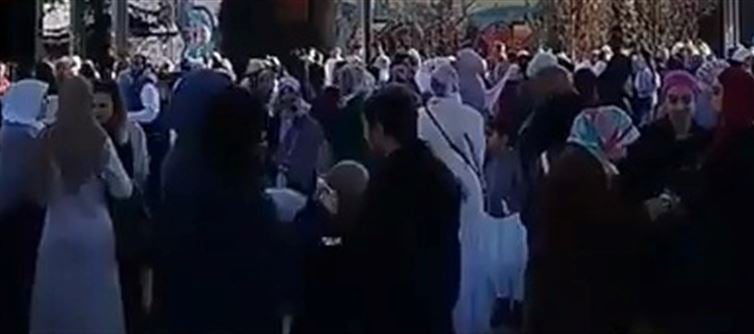
For many native Europeans in Turin, the visible transformation of neighborhoods has led to a sense of displacement and anxiety. local markets now sell halal meats, friday prayers attract large gatherings, and Islamic festivals are celebrated more prominently. While none of these developments are inherently problematic, the pace of change — coupled with concerns over integration and cultural preservation — has left some residents feeling shocked or overwhelmed. This sentiment is often amplified by political rhetoric and media narratives that paint Muslim communities as insular or resistant to assimilation, further widening the gap between communities.
However, framing the demographic shift in Turin as Muslims "dominating" the city can be misleading and inflammatory. While the population has grown, Muslims still constitute a minority within Turin’s overall demographic makeup. Most Muslim residents contribute positively to the local economy and society, working in various sectors and often striving to integrate while retaining their cultural and religious identity. The challenge ahead for Turin — and many european cities — lies not in resisting demographic changes, but in fostering mutual understanding, addressing integration gaps, and ensuring that fears and differences do not harden into division or hostility.




 click and follow Indiaherald WhatsApp channel
click and follow Indiaherald WhatsApp channel